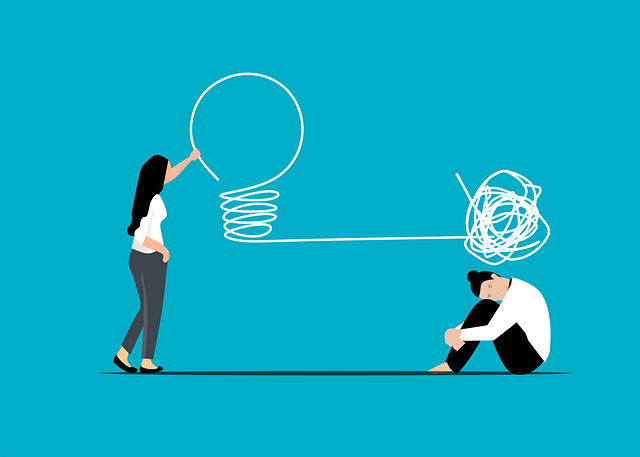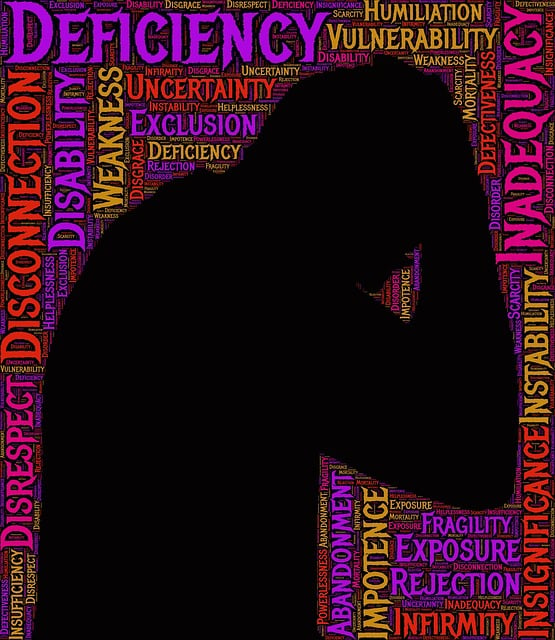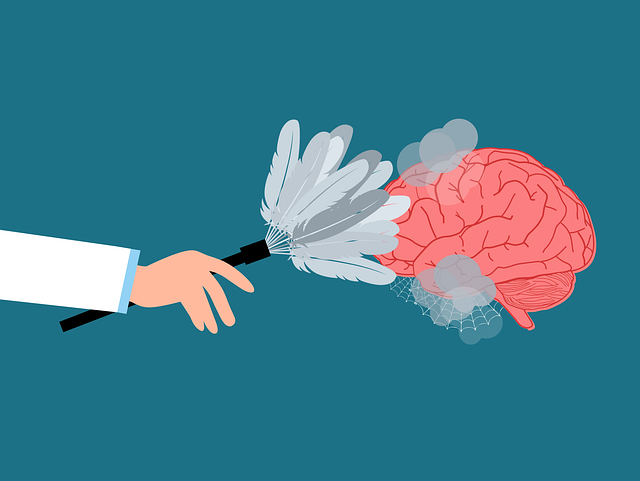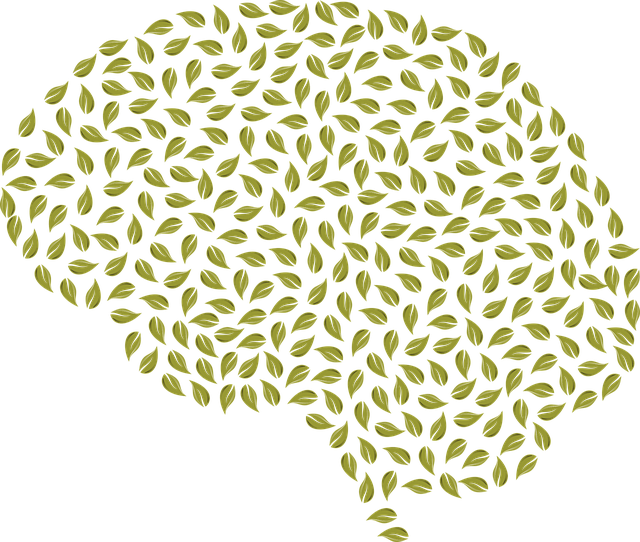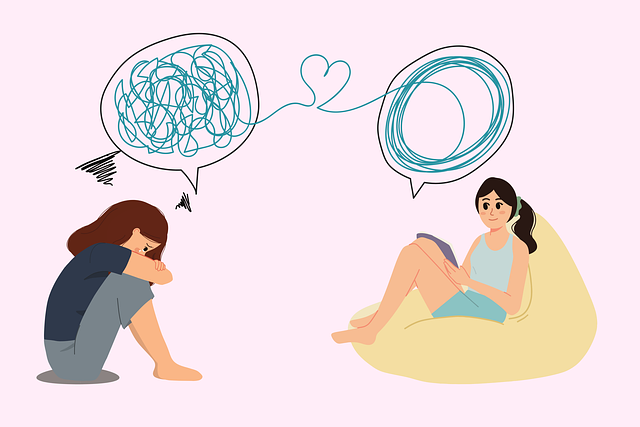Social skills training combined with Superior EMDR Therapy is a powerful approach to transforming lives of individuals with mental health conditions. This holistic method addresses emotional trauma and enhances social needs by integrating Eye Movement Desensitization and Reprocessing (EMDR) techniques with social skills development. It teaches coping mechanisms, improves emotional regulation, and fosters community connections. Proven effective for treating social anxiety and PTSD, this innovative therapy empowers individuals to manage their conditions and thrive through enhanced communication and interpersonal relationships.
Social skills training is a powerful tool for improving mental health outcomes. This comprehensive guide explores the intricate link between social interactions and psychological well-being, highlighting how weaknesses in this area can exacerbate conditions like anxiety and depression. We delve into the benefits of Superior EMDR Therapy as an innovative approach to fostering social skills, backed by practical strategies and inspiring case studies showcasing its transformative potential. Discover how this holistic method enhances connections and promotes healing.
- Understanding the Link Between Social Skills and Mental Health
- The Role of Superior EMDR Therapy in Social Skills Training
- Practical Strategies for Developing and Enhancing Social Skills
- Case Studies: Success Stories of Social Skills Training Through EMDR
Understanding the Link Between Social Skills and Mental Health

Social skills play a pivotal role in an individual’s mental health and overall well-being. Many mental health conditions can lead to social withdrawal, making it difficult for individuals to connect with others and express their emotions effectively. This isolation can exacerbate symptoms, impacting self-esteem, mood management, and emotional regulation. Understanding this connection is crucial when addressing mental health challenges.
One effective approach, such as Superior EMDR Therapy, targets these skills directly. By teaching individuals how to interact socially with confidence and empathy, it fosters a sense of belonging and reduces anxiety in social settings. This therapy encourages the development of healthy coping mechanisms, including emotional regulation strategies and Mood Management techniques. Additionally, engaging in Mental Wellness Journaling Exercises can provide valuable guidance on navigating social interactions and understanding one’s emotions, ultimately contributing to improved mental wellness.
The Role of Superior EMDR Therapy in Social Skills Training

Social Skills Training (SST) plays a pivotal role in enhancing the lives of individuals with mental health conditions by equipping them with the tools to navigate social interactions more effectively. Among various therapeutic approaches, Superior EMDR Therapy stands out as a game-changer. This innovative method combines Eye Movement Desensitization and Reprocessing (EMDR) techniques with focused social skills training, addressing both the emotional and practical aspects of social engagement.
By integrating EMDR’s ability to process traumatic memories and emotions with SST, individuals can work through past experiences that may hinder their current social abilities while simultaneously learning and practicing new, adaptive behaviors. This holistic approach not only improves their interactions in daily life but also fosters better connections within the community, as evidenced by successful public awareness campaigns development and increased emotional intelligence. Moreover, healthcare provider cultural competency training becomes more effective when intertwined with these techniques, ensuring a comprehensive support system for diverse populations.
Practical Strategies for Developing and Enhancing Social Skills

Developing social skills is a vital aspect of healing and recovery for individuals managing mental health conditions. Practical strategies can empower people to navigate social interactions with confidence. One effective approach is incorporating Mind Over Matter principles, where individuals learn to reframe negative thoughts and replace them with positive affirmations, fostering better communication and relationship-building.
In the context of Superior EMDR Therapy (Eye Movement Desensitization and Reprocessing), clients are guided through targeted memories, enhancing their ability to process traumatic events while improving social engagement. Additionally, Burnout Prevention Strategies for Healthcare Providers can be adapted to support individuals with mental health conditions. Encouraging mindfulness practices, such as Mindfulness Meditation, helps regulate emotions, improve focus, and facilitate more meaningful connections in social settings. These strategies collectively contribute to a holistic approach, enabling individuals to not only manage their conditions but also thrive in social environments.
Case Studies: Success Stories of Social Skills Training Through EMDR

Social Skills Training using Eye Movement Desensitization and Reprocessing (EMDR) has emerged as a powerful tool in the field of mental health treatment. Many individuals struggling with conditions like anxiety, PTSD, or social phobias have found success through this therapeutic approach. Case studies highlight remarkable transformations, showcasing the effectiveness of EMDR in enhancing communication and interpersonal relationships.
One such example involves a young adult who previously experienced severe social anxiety, making everyday interactions challenging. Through superior EMDR therapy, they learned to manage their fears and develop effective coping strategies. This treatment enabled them to build confidence, foster better connections with peers, and even excel in their professional life. The process involved exposure to traumatic memories while incorporating specific eye movements, leading to a profound sense of calm and improved emotional regulation. These success stories illustrate how EMDR therapy, coupled with empathy-building strategies, can significantly contribute to mental wellness and positive thinking.
Social skills training, particularly when enhanced by superior EMDR therapy, has proven to be a powerful tool in managing mental health conditions. By understanding the link between social skills and mental wellness, individuals can embark on a journey of self-improvement and recovery. The practical strategies outlined in this article offer a roadmap for developing and enhancing social interactions, while case studies highlight the transformative potential of EMDR therapy in fostering meaningful connections. Embracing these approaches can significantly contribute to a more inclusive and supportive environment for those navigating mental health challenges.

